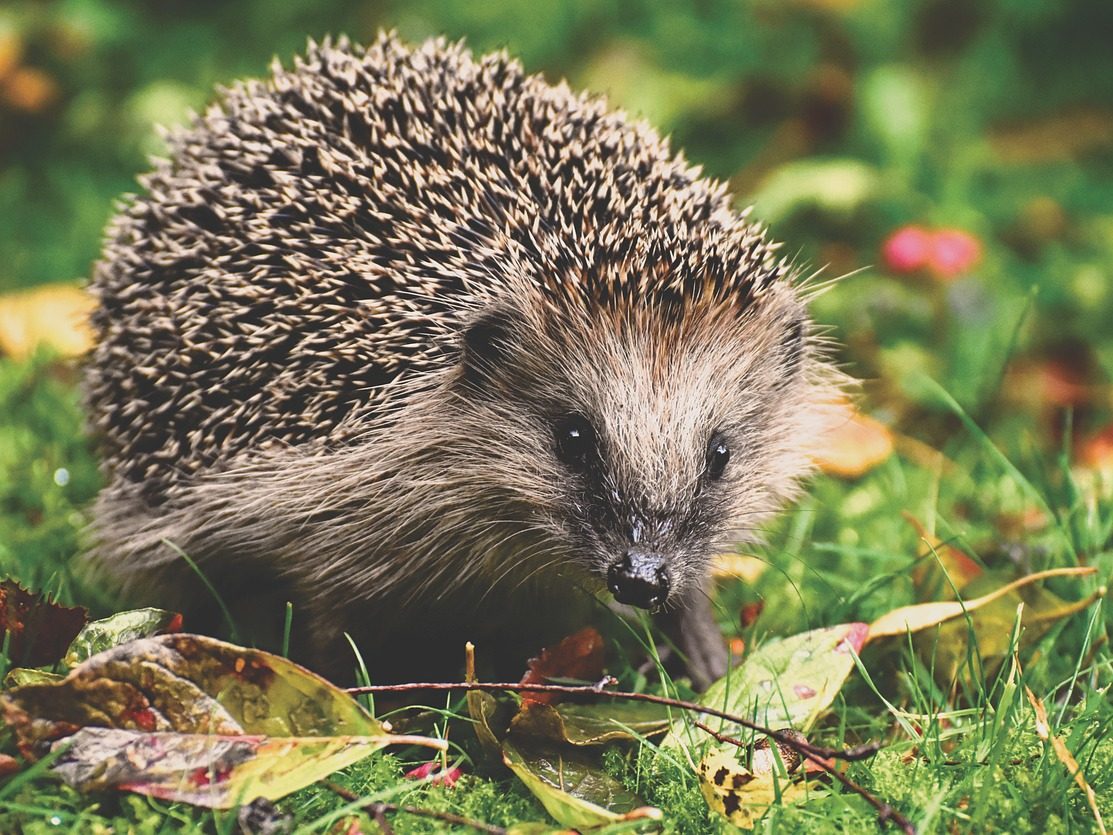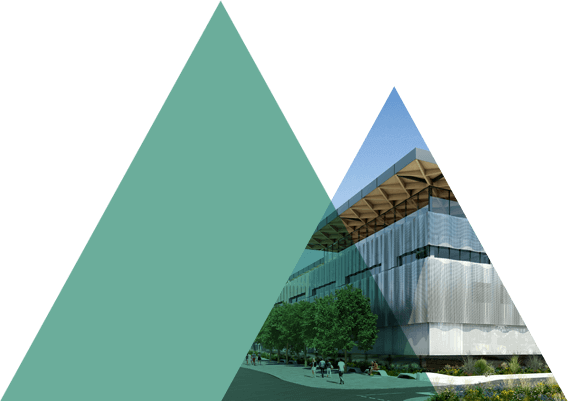From Hedgelaying to Hedgehogs: Wildlife enhancing projects on campus

The University of Warwick is committed to protecting, creating and enhancing habitats for wildlife and as such undertakes numerous projects throughout the year. These are just some examples of the work undertaken by the Grounds and Gardens Team in recent years with some help from volunteers.
Hedgelaying is a traditional form of management designed to keep hedges thick and bushy and farm stock inside fields. Alongside this it is also really important for wildlife as they provide corridors for bats, birds and small mammals to move safely from place to place out of sight of predators. As such the University has re-introduced hedgelaying on campus in recent years to help link up habitats on campus with those further afield. So what have we done and what will we be doing this winter?
- Winter of 2020/21 = 400m layed around Bluebell roundabout
- Winter of 2021/22 = 670m layed around WBS and Cryfield roundabouts
- Winter of 2022/23 = 1100m to be layed around the WBS roundabout
Since the 1930s the UK has lost more than 7 million acres of flower-rich meadows and now only 1% of our countryside provides a floral feast for pollinators. We are therefore playing our part by sowing wildflower meadows and leaving more unmown areas of campus. Since 2020, we have taken part in Plant Life’s No Mow May initiative leaving significant areas of grassland, especially around residences, uncut through the summer months. Our largest area of wildflower meadow on main campus is affectionately known as the dinosaur field and is beginning to look like a real spectacle in the summer months as the wildflowers become established. A number of smaller areas have been sown this year including around Sherbourne residences and at the back of the Humanities building.
Hedgehogs have declined in the UK by 50% since the year 2000 and are vulnerable to extinction due to habitat loss, development, roads, litter and garden hazards. We are therefore playing our part on their journey to recovery by taking part in the Hedgehog Friendly Campus initiative. We have undertaken surveys, installed hedgehog houses and bug hotels, undertaken litter picks and raised awareness to all about what they can do.
Trees provide vital habitats for wildlife, contribute to positive wellbeing and store carbon. We are therefore planting trees across campus and ensuring the trees that we do plant are of the right species and in the right place. During 2021/22 more than 1,000 trees and hedgerows were planted on main campus including at the bus interchange, behind Arthur Vick, around Kirby Corner car park, in Claycroft Fields, at Scarman and by Sherbourne. More trees will be planted during 2022/23 and we hope to engage with volunteers to do some of the planting. Contact Katherine Mayfield, Sustainability Champion, if you’re interested in getting involved.

